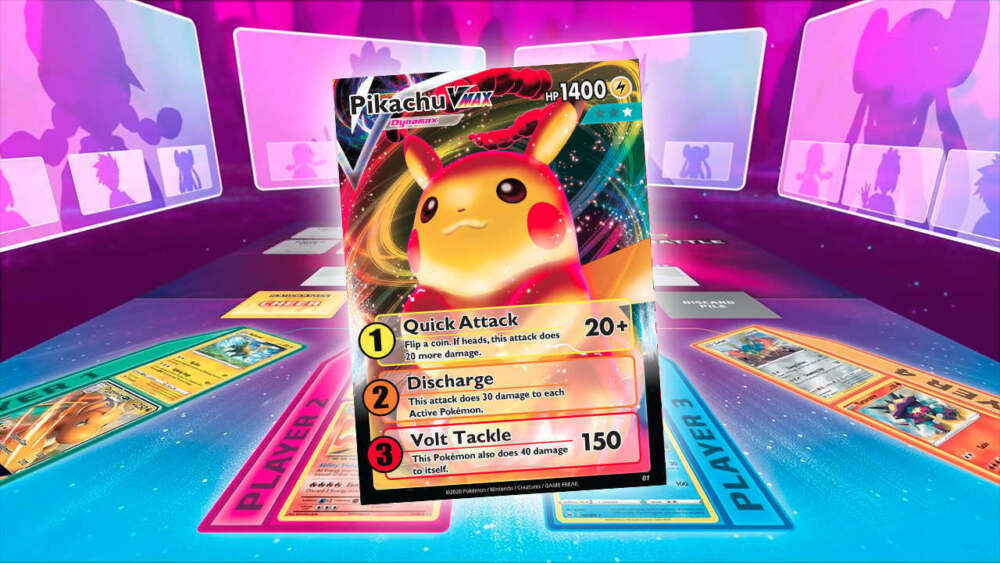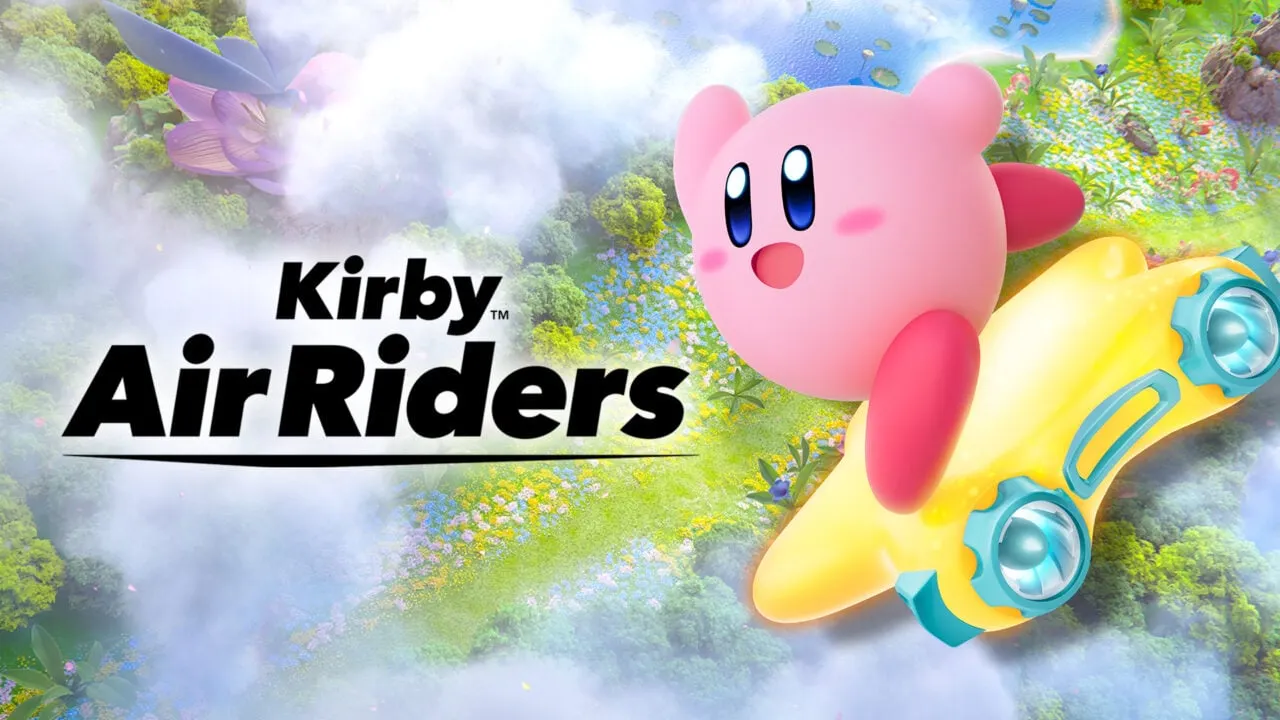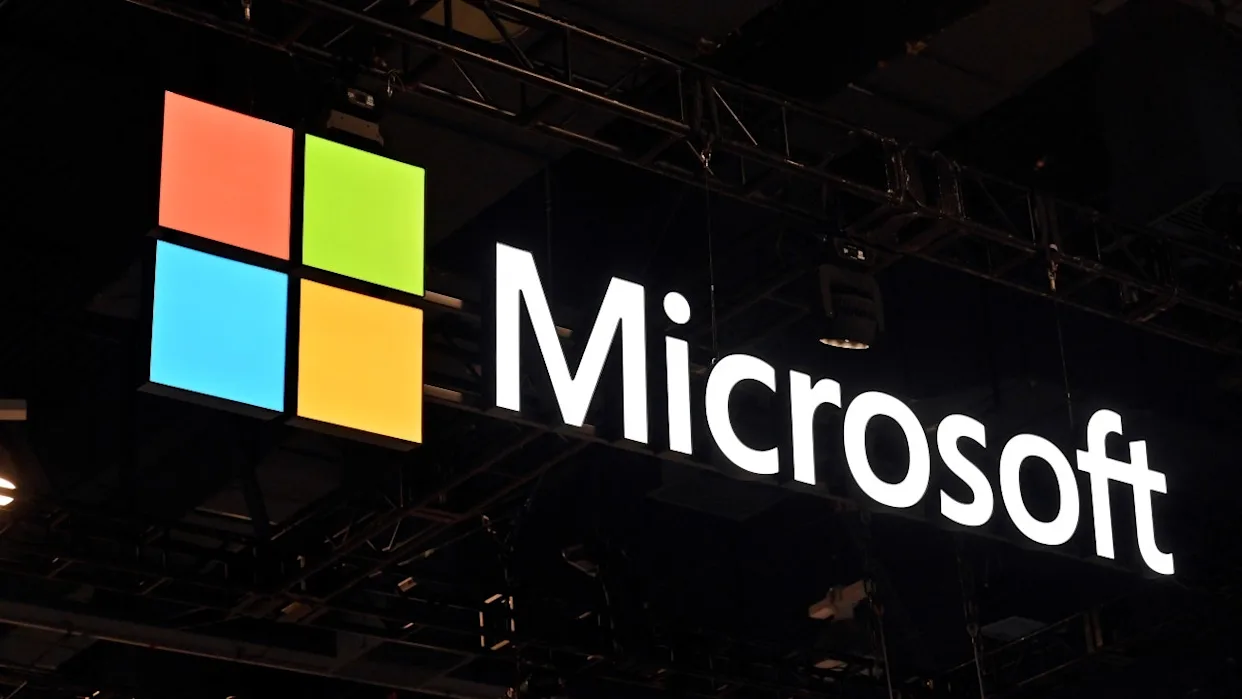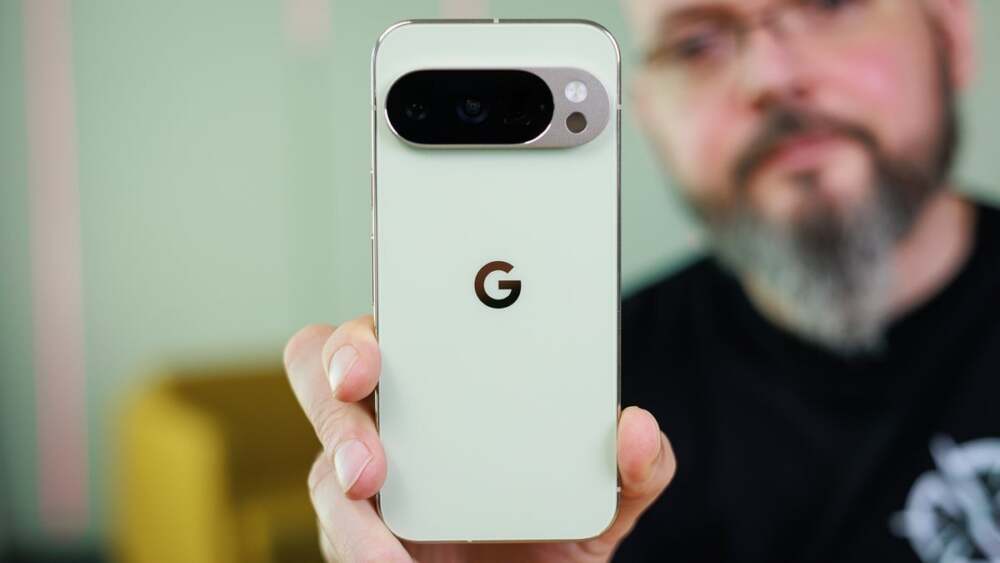What was once a joyful, community-driven hobby is now under siege by speculation and profiteering. The worlds of Pokémon and Magic: The Gathering—two of the most iconic trading card games on the planet—are in the midst of an escalating crisis. Fueled by hype, artificial scarcity, and the relentless pursuit of profit, scalpers have transformed collectible cards into commodities, leaving fans frustrated, players disheartened, and local retailers caught in the middle of a rapidly shifting ecosystem.
From Childhood Nostalgia to Market Mania
The trading card game (TCG) industry has always had moments of wild excitement. In the late 1990s and early 2000s, Pokémon cards became a cultural phenomenon, with playground trades and local tournaments defining childhoods across the world. Similarly, Magic: The Gathering—launched in 1993—built an enduring community of players who saw deck-building not as an investment, but as a creative challenge.
Fast forward to today, and that spirit has largely changed. What used to be an inclusive pastime has become a speculative gold rush. Limited-edition expansions, rare foil cards, and crossover sets have created a collector’s frenzy that prioritizes rarity over playability. Scalpers, equipped with bots and bulk-buying strategies, often clear out online inventories within minutes of new releases.
As a result, even casual collectors are priced out. Retail boxes that once cost $50–$60 now sell for hundreds on secondary markets. A card pulled from a $4 booster pack can instantly appear on resale platforms for thousands. The TCG market has turned into a miniature version of Wall Street—driven not by fans, but by investors chasing profit margins.
The Rise of the Scalper Economy
Scalping has existed for years, but recent technological shifts have supercharged it. Automated purchasing software allows resellers to scoop up massive quantities of cards the second they’re released, while limited production runs create artificial scarcity. Pokémon’s newest expansions often sell out on the first day, and Magic’s premium “collector boosters” can disappear within hours of launch.
The outcome? A two-tiered system where dedicated players—the very people these games rely on—can’t access cards without paying inflated secondary prices. In some cases, players are forced to buy individual cards online rather than sealed packs, undermining the thrill of discovery that defines the hobby.
Even local game stores, traditionally the backbone of the card gaming community, are suffering. Many report being unable to restock due to supplier restrictions or scalper interference. The few who do manage to secure inventory often face difficult choices: sell at inflated prices to stay afloat, or maintain fairness and take financial losses.
Corporate Responsibility and Strategic Missteps
Critics argue that both The Pokémon Company and Wizards of the Coast (the publisher behind Magic: The Gathering) bear part of the blame. Rather than expanding print runs or implementing anti-scalper measures, both companies have leaned into the frenzy, releasing “ultra-rare” chase cards, special crossover sets, and exclusive collector boxes that amplify scarcity.
In the case of Magic: The Gathering, the introduction of franchise crossovers—from Lord of the Rings to Final Fantasy—has blurred the line between collectible novelty and core gameplay. Some sets are now marketed more like luxury products than game expansions, driving collectors to hoard sealed boxes as investments rather than open them for play.
Pokémon has followed a similar pattern, with highly limited “secret rare” cards and holographic variants driving speculation. A few modern cards have fetched prices higher than early vintage prints, underscoring just how distorted the market has become.
While these strategies may boost short-term revenue, they threaten long-term brand health. The sense of community and accessibility that once defined these franchises is eroding, replaced by exclusivity and competition.
Fans Fight Back: Grassroots Solutions Emerge
Amid the chaos, dedicated fans and store owners are stepping up to preserve the heart of the hobby. Some local retailers now enforce purchase limits to prevent hoarding, while others organize sealed deck tournaments using older or reprinted sets to make play more affordable. Online fan groups have also formed exchange systems to help newcomers find cards without paying reseller markups.
One grassroots initiative gaining traction is the “Play First” movement—advocating that cards should be designed and distributed for gameplay, not investment. Supporters urge companies to print more copies of sought-after cards, reduce reliance on hyper-rare variants, and prioritize accessibility over hype.
Collectors, too, are starting to push back against speculative reselling, recognizing that market inflation hurts the very culture they love. In online forums, long-time players are calling for ethical collecting and direct purchasing from verified retailers rather than gray-market resellers.
The Future of Collectible Card Gaming
The current trajectory poses a difficult question for both Pokémon and Magic: can they sustain their communities if speculation overtakes play? Without accessible entry points, new generations of fans may never form the emotional bond that has made these games so enduring. A hobby built on imagination and friendship risks becoming a marketplace defined by profit margins and exclusivity.
Some industry analysts believe the bubble may eventually burst—prices for modern collectibles rarely stay inflated forever. Yet others warn that the damage to player trust and community infrastructure could be lasting. If loyal fans feel alienated, they may move on to other games or digital alternatives that offer fairness and affordability.
To survive, these companies must balance passion with profitability. That means expanding print runs, improving distribution fairness, and ensuring that cards remain attainable for everyone—from the wide-eyed child opening their first booster pack to the veteran player building a competitive deck.
In the end, the magic of trading card games has always come from connection, not competition. If the industry can remember that—and put players before profiteers—it may yet reclaim the joy that started it all.
















Leave a Reply